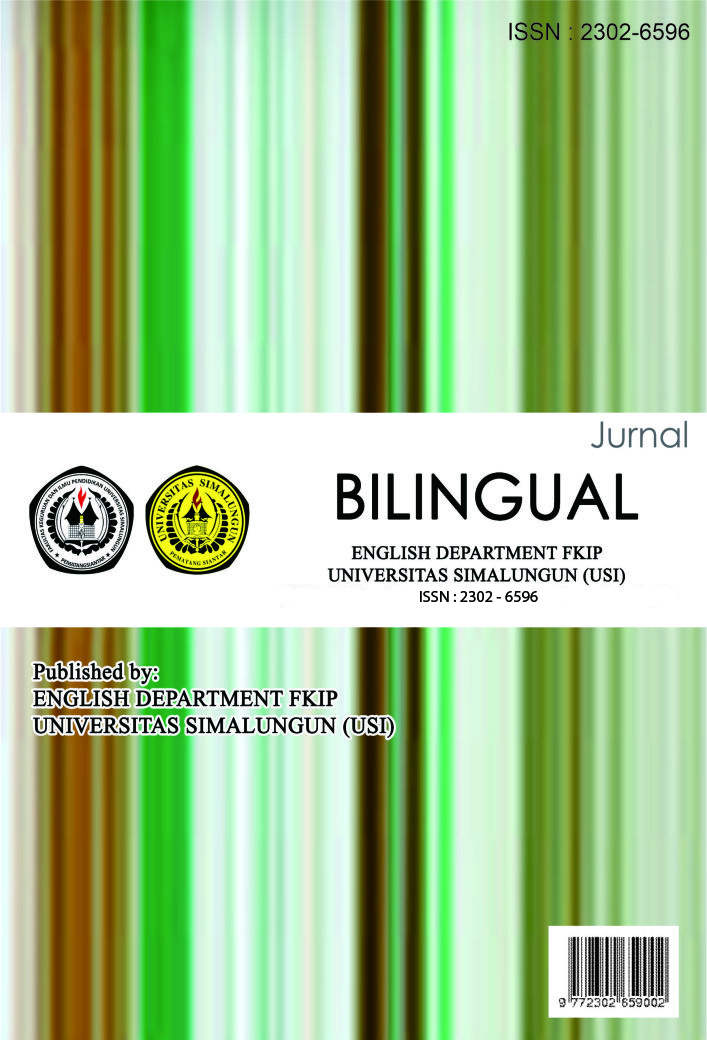The Influence of Cognitive Strategies in Student’s Reading Comprehension at Yayasan Perguruan Keluarga
DOI:
https://doi.org/10.36985/qz44ms64Kata Kunci:
Cognitive Strategies, Reading Ability, Learning, Reading Comprehension, StudentsAbstrak
This research aims to determine the effect of cognitive strategies on students' reading ability. Cognitive strategies are learning approaches that involve mental processes such as remembering, understanding, and applying the information learned. This study uses a quantitative method with a quasi-experimental design. The subjects of this study were senior high school Yayasan Perguruan Keluarga, students who were divided into an experimental group and a control group whose population consisted of two classes, each class containing 30 students, so that the population was 60 students. The instruments used included a reading ability test and an observation sheet for the application of cognitive strategies by providing 20 multiple-choice questions. Pre-tests and post-tests were conducted on the experimental and control class groups. And the data results were calculated using SPSS 26.00. The results of the data analysis showed that there was a significant difference between the group that used cognitive strategies and the group that did not use them. Students who were taught with cognitive strategies showed better reading abilities, especially in terms of reading comprehension and reading speed. These findings indicate that cognitive strategies have a positive effect on improving students' reading abilities, so it is recommended to be applied in the language learning process
Unduhan
Unduhan
Diterbitkan
Terbitan
Bagian
Lisensi
Hak Cipta (c) 2025 Rona Insani Sipayung, Indra Jayanti Damanik, Ridwin Purba (Author)

Artikel ini berlisensi Creative Commons Attribution 4.0 International License.






